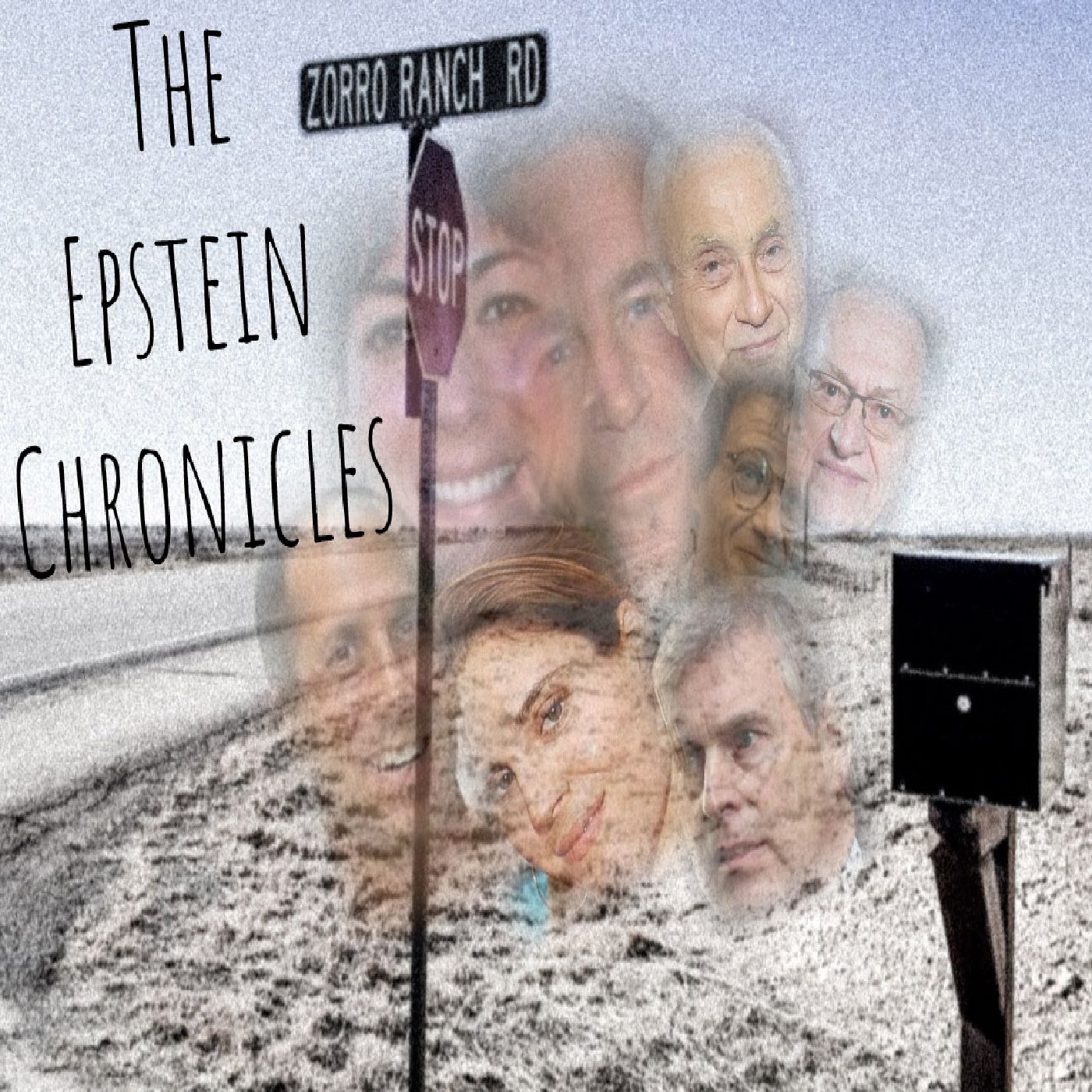A Look Back: The European Super Cartel And The Connection In South America

A drug cartel is a complex and secretive criminal organization involved in the production, transportation, and distribution of illegal drugs, primarily narcotics like cocaine, heroin, methamphetamine, and marijuana. These cartels are typically highly organized and operate across international borders. Here is a comprehensive summary of what makes up a drug cartel:
- Leadership: Drug cartels are typically headed by powerful individuals or a small group of leaders. These leaders often have significant control over all aspects of the cartel's operations, and they make critical decisions regarding drug production, distribution, and strategy.
- Hierarchy: Below the top leadership, there is a hierarchical structure that includes various levels of command. This structure may consist of lieutenants, enforcers, and various specialized roles responsible for different aspects of the cartel's operations.
- Drug Production: Cartels are involved in the cultivation and production of illegal drugs. This may include running drug laboratories, growing illicit crops like coca or poppy, and producing refined narcotics like cocaine or heroin.
- Transportation: Drug cartels are skilled at transporting illegal drugs across borders. They often use a variety of methods, including hidden compartments in vehicles, smuggling through tunnels, and even using submarines or aircraft to move drugs across international boundaries.
- Distribution: Once drugs reach their destination, cartels have an extensive distribution network that allows them to supply drugs to dealers and distributors in various regions. This network can be highly organized, with distribution hubs strategically located.
- Money Laundering: Cartels generate enormous profits from the drug trade, and they often engage in money laundering activities to legitimize their illicit gains. This may involve investments in legitimate businesses, real estate, or financial transactions designed to conceal the source of their wealth.
- Violence and Enforcement: Drug cartels are known for their ruthless tactics to protect their interests. They use violence, intimidation, and extortion to maintain control over their territory and operations. They may also have armed enforcers who engage in violent activities on their behalf.
- Corruption: Cartels often infiltrate law enforcement agencies, government institutions, and other sectors of society through corruption. Bribing officials and authorities can help them avoid detection and prosecution.
- Territorial Control: Many drug cartels operate in specific regions and have territorial control. They defend their territory against rival cartels and law enforcement agencies, sometimes leading to violent conflicts.
- Rivalries: Competition between drug cartels can lead to violent turf wars. These conflicts can escalate and result in a significant amount of bloodshed.
- International Reach: Drug cartels are not limited to a single country; they often have a global reach, operating in multiple countries and utilizing international smuggling routes.
- Money and Resources: These organizations have access to substantial financial resources, allowing them to invest in sophisticated weaponry, technology, and infrastructure to support their operations.
- Innovation: Cartels are known for their ability to adapt to changing circumstances and law enforcement efforts. They continuously innovate in areas like drug production techniques, smuggling methods, and communication technology.
- Narcoterrorism: Some drug cartels engage in acts of terrorism or form alliances with terrorist groups to protect their interests and further their goals.
- Social Impact: The activities of drug cartels have a significant impact on the communities in which they operate. This includes drug addiction problems, violence, and destabilization of local economies.
- Law Enforcement Efforts: Governments and law enforcement agencies worldwide collaborate to combat drug cartels through various strategies, including intelligence sharing, anti-drug task forces, and extradition of cartel leaders.
The Kinahan Cartel is one of the four major cartels in Europe and they have all been working hand in hand to bring cocaine to the market. In this episode, we take a look at the relationship between the Kinahan's and the other major players in Europe and their ties to the once feared and now arrested Colombian Cocaine Kingpin, Otoniel.
(commercial at 9:53)
To contact me:
bobbycapucci@protonmail.com
source:
https://www.sundayworld.com/crime/special-investigations/kinahan-links-to-colombian-kingpin-revealed-after-biggest-takedown-since-escobar-41141929.html
This show is part of the Spreaker Prime Network, if you are interested in advertising on this podcast, contact us at https://www.spreaker.com/show/5003294/advertisement